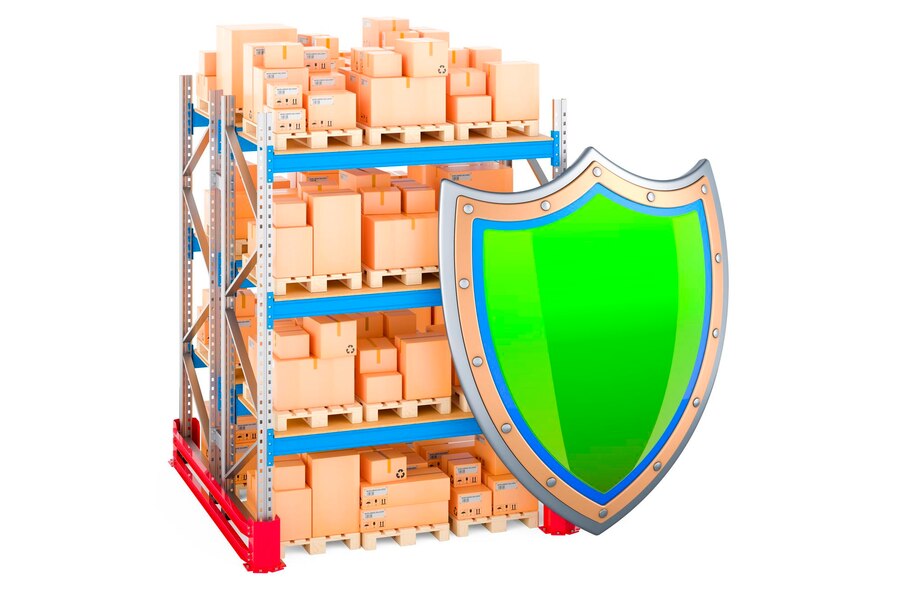Storage Insurance: Protecting Your Stored Belongings
by Mashum Mollah Finance 29 December 2023

In today’s fast-paced world, many of us find ourselves in situations where we need to temporarily store our belongings. Whether it’s during a move, a home renovation, or simply to declutter our living spaces, storage units have become a convenient solution. However, one aspect that is often overlooked when using storage facilities is the importance of storage insurance. In this post, we’ll explore why storage insurance is crucial for protecting your stored belongings and provide insights into how it can offer peace of mind during these transitional phases of life.
Why Storage Insurance Matters
When you store your belongings in a storage unit, they are vulnerable to a variety of risks such as theft, fire, water damage, and natural disasters. While storage facilities take measures to ensure security, accidents, and unforeseen events can still occur. Without proper insurance, the financial burden of replacing your valuable possessions would fall entirely on your shoulders.
Storage insurance provides you with a safety net in case the unexpected happens. It covers the replacement or repair costs of your stored items, giving you peace of mind and relieving you from the stress of potential losses.
Types Of Storage Insurance
There are typically two types of storage insurance: facility insurance and third-party insurance. Facility insurance is offered by the storage facility itself and often covers a limited amount of the stored items. This insurance is convenient because it’s readily available, but it may have limitations in terms of coverage.
On the other hand, third-party storage insurance allows you to choose your insurance provider, giving you more control over the coverage and policy terms. It often provides more extensive coverage and might be a better option if you have high-value items in storage or specific coverage requirements.
What Storage Insurance Covers
Storage insurance typically covers a wide range of perils, including theft, fire, vandalism, and damage caused by factors such as water leaks or pests. Some policies may also include coverage for damage caused during transit to and from the storage facility. Be sure to carefully review the terms and conditions of your storage insurance policy to understand what is covered and what is not.
It’s important to note that storage insurance typically does not cover items of extraordinary value, like jewelry or fine art, without additional riders or endorsements. If you plan to store such high-value items, make sure to discuss your specific needs with your insurance provider to ensure they are adequately protected.
Determining Coverage Amount
When considering storage insurance, it’s crucial to assess the value of the items you plan to store. Take an inventory of your belongings and determine their worth to establish an appropriate coverage amount. This step ensures that you’re adequately protected without overpaying for unnecessary coverage.
In the event of a claim, providing an accurate and detailed inventory will facilitate the claims process and help you receive the compensation you deserve. Remember to update your inventory as you add or remove items from your storage unit to maintain an accurate record.
Peace Of Mind And Cost Considerations
While storage insurance comes at an additional cost, the peace of mind it offers is invaluable. The cost of insurance is a small price to pay compared to the potential financial loss you could face if your stored belongings are damaged or stolen.
In conclusion, storage insurance is a crucial aspect of securing your stored belongings. It protects against a range of risks and ensures that you are not left with the financial burden of replacing or repairing your items in the event of an unexpected incident.
Additional:



































































































